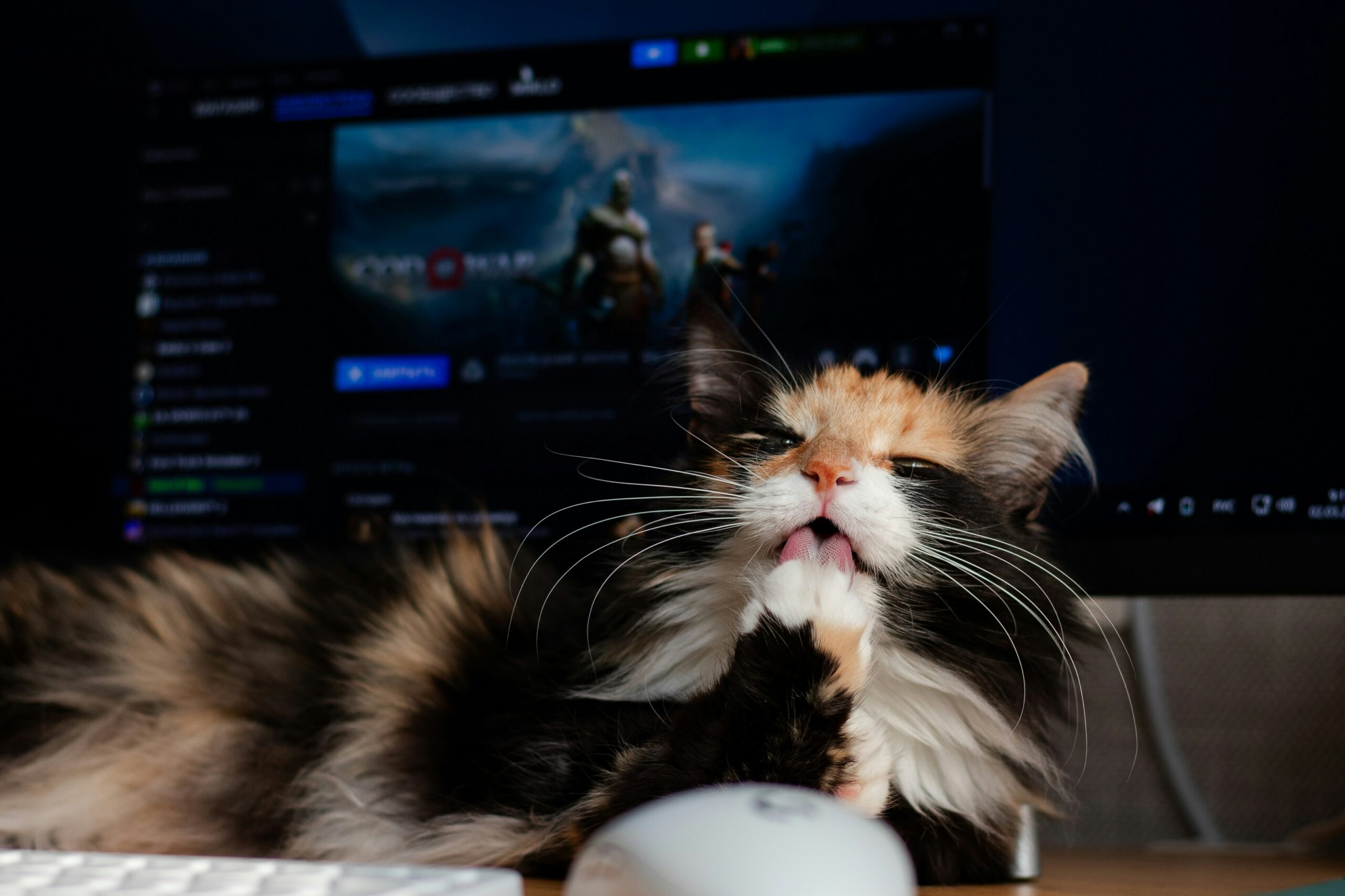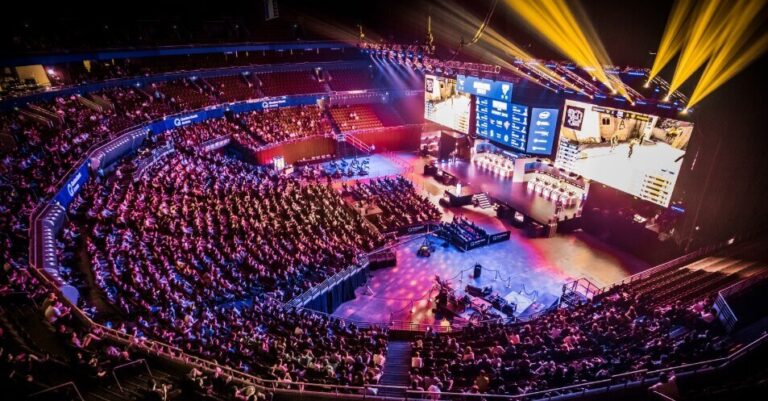The global gaming community is a marvel of modern connectivity. It’s a vibrant, sprawling ecosystem built on a shared love for interactive entertainment, capable of incredible feats of creativity, collaboration, and charity. From massive fundraising events on Twitch to global communities forming around titles like Minecraft or Final Fantasy XIV, the passion of gamers is a powerful, positive force. However, this same intensity, when misdirected, can curdle into a destructive phenomenon: tribalism. This isn’t the friendly schoolyard debate of the 90s; it’s a modern, digitally-amplified conflict that pits fan against fan, and community against creator. This brand-centric loyalty, often masquerading as passion, has begun to cast a long shadow over the industry, influencing game development, stifling communication, and ultimately threatening the creative health of the medium we all cherish. Understanding this shift is crucial for anyone invested in the future of Video Games, from the casual player to the AAA developer.
The Anatomy of Modern Gaming Tribalism
At its core, gaming tribalism is the rigid alignment of one’s identity with a specific brand, platform, or franchise. This goes beyond mere preference and evolves into an “us vs. them” mentality. While console rivalries are as old as the industry itself, the internet and social media have transformed these skirmishes into pervasive, often toxic, digital warfare.
From Friendly Rivalry to Digital Warfare
The Gaming History books are filled with famous rivalries: Sega vs. Nintendo, PlayStation vs. N64. These were largely marketing-driven campaigns that fostered a sense of competition. Today, the battlegrounds have moved online, and the marketing slogans have been replaced by user-generated vitriol. Platforms like Twitter, Reddit, and Discord become echo chambers where allegiance to PlayStation News, Xbox News, or the “PC Master Race” is a badge of honor. Any perceived slight against the chosen tribe—be it an exclusive game release, a difference in hardware specifications, or a lower review score—is met with coordinated hostility. This isn’t about celebrating your preferred Console Gaming or PC Gaming experience anymore; it’s about tearing down the opposition’s.
The Mechanics of Negative Engagement
This digital tribalism employs several key tactics that have become depressingly common in discussions about Gaming News. The most prominent of these is “review bombing,” the act of flooding a game’s user review page on platforms like Steam or Metacritic with negative scores to protest a perceived issue. Often, these issues have little to do with the game’s actual quality.
- Case Study: The Last of Us Part II was review-bombed within hours of its release, not for its gameplay or technical performance, but for controversial narrative decisions that angered a vocal segment of the fanbase. The user score on Metacritic plummeted to a 3.4 while the official critic score stood at 93, a chasm that highlights the disconnect between genuine critique and coordinated outrage.
- Case Study: Helldivers 2 faced a massive review bomb on Steam when a decision was made to require PSN account linking for PC players, a policy that was later reversed due to the overwhelming negative feedback. While this instance showed the power of player voice, it also demonstrated how quickly the tactic is deployed.
Beyond review bombing, direct harassment of developers, journalists, and community managers has become rampant. Death threats, doxxing, and sustained campaigns of abuse are deployed against individuals for decisions made about a game’s design, story, or even a simple patch note. This creates a hostile environment that punishes the very people creating the art form.

The Ripple Effect on the Gaming Industry
The consequences of this toxic tribalism are not confined to social media feeds; they have a tangible and detrimental impact on the entire Gaming Industry. The constant threat of backlash creates a culture of fear that affects everything from game design to public relations.
The Chilling Effect on Creativity and Communication
When developers see colleagues being harassed for taking creative risks, the natural inclination is to play it safe. This leads to what is often called “design by committee,” where bold artistic choices are sanded down to avoid offending the most vocal online factions. This risk-aversion can lead to a homogenization of AAA Games, with publishers prioritizing safe, predictable sequels and live-service models over innovative, single-player narratives or unique Indie Games. Why experiment with a complex theme or unconventional mechanic if the reward is a week of trending harassment?
This fear extends to communication. Many development studios, from those using Unreal Engine to create hyper-realistic worlds to those using Unity for innovative indie titles, have adopted a policy of near-total silence. PR-vetted corporate statements replace candid developer diaries and open community engagement. The risk of a single off-the-cuff remark being decontextualized and used as ammunition is simply too high. This silence widens the gap between creators and their audience, replacing potential dialogue with a void that is quickly filled by speculation and bad-faith discourse.
The Weaponization of Player Feedback
Constructive feedback is the lifeblood of game development. Beta tests, player surveys, and thoughtful Game Reviews help developers refine and improve their products. However, tribalism has weaponized the very channels meant for this feedback. It’s no longer about identifying bugs in a new Battle Royale or suggesting balance changes for a popular MOBA like League of Legends or Dota 2. Instead, feedback is often a Trojan horse for platform-based attacks or outrage campaigns.
This makes it incredibly difficult for developers to distinguish between genuine criticism and disingenuous noise. Is the negative feedback on the latest Call of Duty patch a legitimate concern from the community, or is it a coordinated effort from fans of a rival FPS Game? Is the criticism of a new character in Overwatch based on gameplay balance, or is it part of a wider culture war? This ambiguity devalues all player feedback and forces developers to treat their communities with suspicion rather than as collaborative partners.

The Psychology Behind the Passion and the Poison
To address this issue, we must first understand its roots. This behavior stems from a complex mix of personal identity, financial investment, and the algorithmic nature of modern online platforms.
Identity and Investment
For many, gaming is more than a hobby; it’s a core part of their identity. The choice of a gaming platform is often a significant financial and time investment. A person who has spent thousands on a high-end Gaming PC, complete with the latest Graphics Cards, multiple Gaming Monitors, and a full suite of Gaming Peripherals like a mechanical Gaming Keyboard and a high-DPI Gaming Mouse, has a vested interest in that ecosystem’s success. The same is true for someone loyal to PlayStation or Xbox. A critique of their chosen platform or its exclusive games can feel like a personal attack on their judgment, their identity, and their investment. This defensiveness is a powerful motivator, transforming discussions about frame rates or resolutions into existential battles.
The Algorithm’s Amplifying Echo Chamber
Modern content platforms are not neutral arbiters of information. Algorithms on YouTube, Twitter, and even news aggregators are designed to maximize engagement. Unfortunately, outrage and conflict are highly engaging. A video titled “Why [New Game] is a Masterpiece” will often perform worse than one titled “[New Game] is a DISASTER that DESTROYS the Franchise.” This creates a lucrative market for outrage farming. Content creators, knowingly or not, are incentivized to stoke the flames of the console wars and amplify negative narratives. This generates endless cycles of drama-related Gaming News and Twitch News, creating a feedback loop where the most extreme and toxic voices are given the largest platforms, further radicalizing the discourse within the Gaming Community.
Forging a Healthier Path Forward: Best Practices and Recommendations
Reversing this trend is a monumental task, but not an impossible one. It requires a concerted effort from both the community and the industry to champion a more positive and constructive Gaming Culture.
For the Community: Fostering Constructive Dialogue
The power to change the culture ultimately lies with the players themselves. Here are some actionable steps:
- Critique the Product, Not the People: It is entirely valid to dislike a game’s story, mechanics, or business model. Frame feedback around the work itself, not as personal attacks on the developers who created it.
- Celebrate Diversity in Gaming: Recognize that the industry is vast. A person can enjoy RPG Games on their PlayStation, Strategy Games on their PC, and Mobile Gaming on their phone. The success of one platform does not necessitate the failure of another.
- Amplify Positive Voices: Support content creators, journalists, and community members who engage in thoughtful, nuanced discussions. Share positive experiences and well-reasoned critiques instead of just amplifying outrage.
- Question Your Sources: Before engaging in a heated debate, consider the source. Is this a genuine report or a piece of content designed to generate anger for clicks? Be a discerning consumer of Gaming News.
For the Industry: Transparency and Community Management
Developers and publishers also have a role to play in de-escalating this conflict.
- Invest in Proactive Community Management: Effective community managers can set the tone for a community, establishing clear rules against harassment and fostering spaces for constructive dialogue. They are the front line in the battle for a healthier culture.
- Embrace Controlled Transparency: While complete openness can be risky, developers can use tools like detailed developer blogs, behind-the-scenes documentaries, and focused Q&A sessions to provide context for their decisions. This helps demystify Game Development and build empathy.
- Set Boundaries: It is crucial for studios to publicly and unequivocally condemn harassment against their employees. They must support their staff and make it clear that while feedback is welcome, abuse is not. This includes working with platform holders like Steam and Sony to combat review bombing and other forms of bad-faith engagement.
Conclusion
The passion of the gaming community is its greatest asset. It has fueled the industry’s growth into the largest entertainment medium on the planet and fostered countless positive connections worldwide. However, the rise of digital tribalism threatens to poison the well. By turning brand preference into a weapon, this toxic element of Gaming Culture stifles creativity, silences developers, and ultimately harms the very hobby it claims to protect. Moving forward requires a collective shift in mindset. We must learn to decouple our identity from corporate brands and re-center our passion on what truly matters: the shared love for the incredible, diverse, and ever-evolving world of video games. The future of a creative, innovative, and welcoming industry depends on it.





